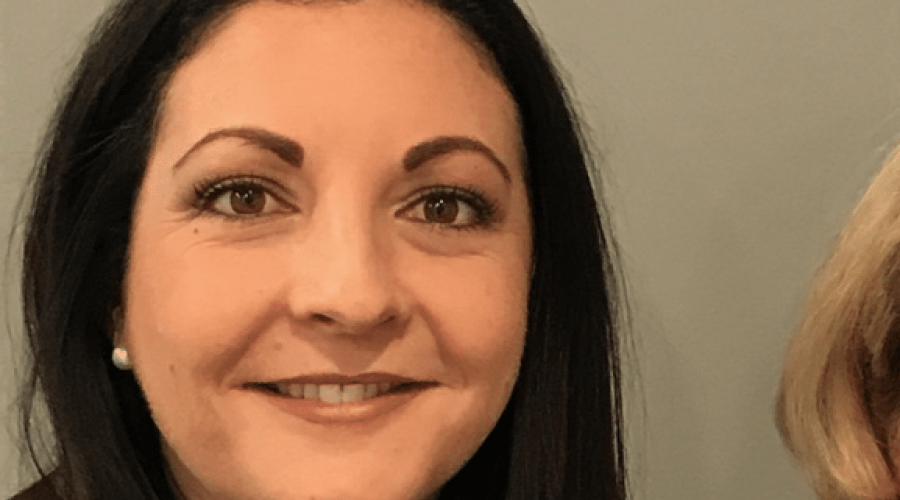Losing $500,000 gambling at the pokies nearly cost Kate Seselja her life.
As an 18-year-old on a night out, she saw no harm in following her boyfriend to the bank of poker machines and having a go.
She had no idea that the psychological design of the machines, which trigger the same reaction in the brain as cocaine, would lead to an addiction that nearly ruined her life.
Now awake to her emotional functions and back in control, Kate runs The Hope Project, which helps people live a sustainable mentally healthy life and is an ambassador for the United Nations Sustainable Development Goals.
Kate talks to The Constant Investor about conquering her addiction and helping others.
Australia has just 0.5 per cent of the world’s population, but 20 per cent of the world’s slot machines.
State Governments make over $5 billion a year in taxes from the industry, which is a large donor to political parties and a powerful lobbying force.
Kate has seen the effect this purposefully addictive pastime can have on lives
“I think the number one issue with what’s happening with addiction is self-awareness, we’ve not been educated in a way that we’re grounded in personal and emotional intelligence to allow us to know how to be a functioning human being.”
Kate finally turned the corner after many attempts at therapy, always looking for others to solve her problems.
“It was going along to a therapy one more time, not filled with any hope whatsoever that there could be a different outcome, the counsellor really sought to help me with my self-esteem.
“I had to write a list of ten things I liked about myself, that was extremely hard, I just burst into tears.
“I actually said to her can I list my children individually, there’s more than half the list, I can come up with four other things surely.
“It was just so hard for my brain to even go there to think that there was something redeemable about me.
“I just put myself in this category of you know, I don’t deserve anything.
“We just haven’t been given the skills and awareness to move through life effectively.
“It just breaks my heart, we’ve got such a high suicide rate, people are just breaking at every turn and there is something more we can do about it.
“That’s why I talk at workplaces, at schools, in universities.
“Pain is universal and the program has been just as effective overseas as it’s been here, because we’re all the same in that sense but we’re all uniquely special in what we are supposed to contribute to our world, and I’m grateful that I’ve discovered what I’m supposed to be doing.”
Kate has started her own organisation, The Hope Project, to deliver proactive prevention education while working as an advocate for the United Nations promoting their Sustainable Development Goals around the world.
Listen to the entire interview at The Constant Investor or on iTunes.













